Peace is possible in our time.
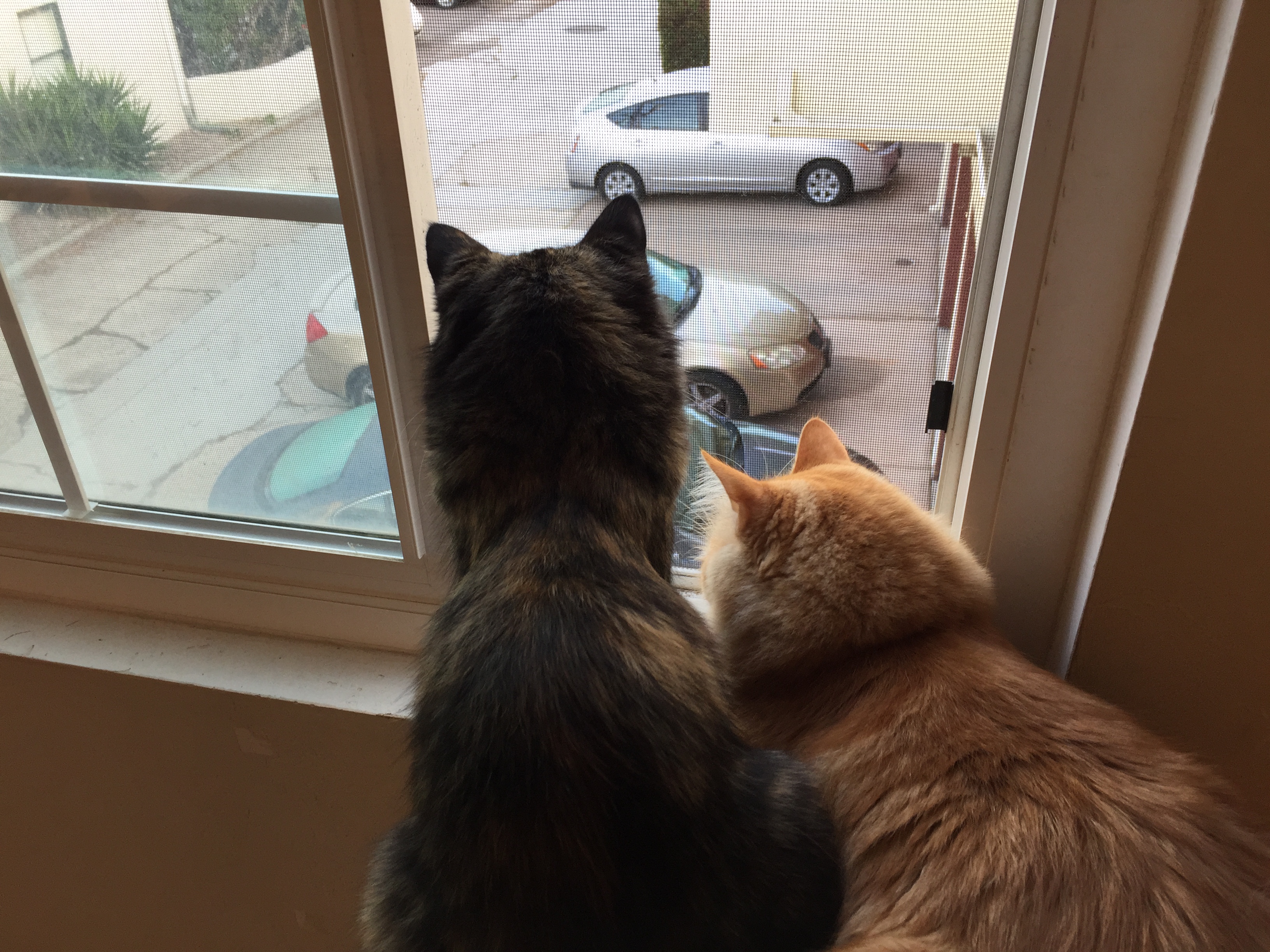

Peace is possible in our time.
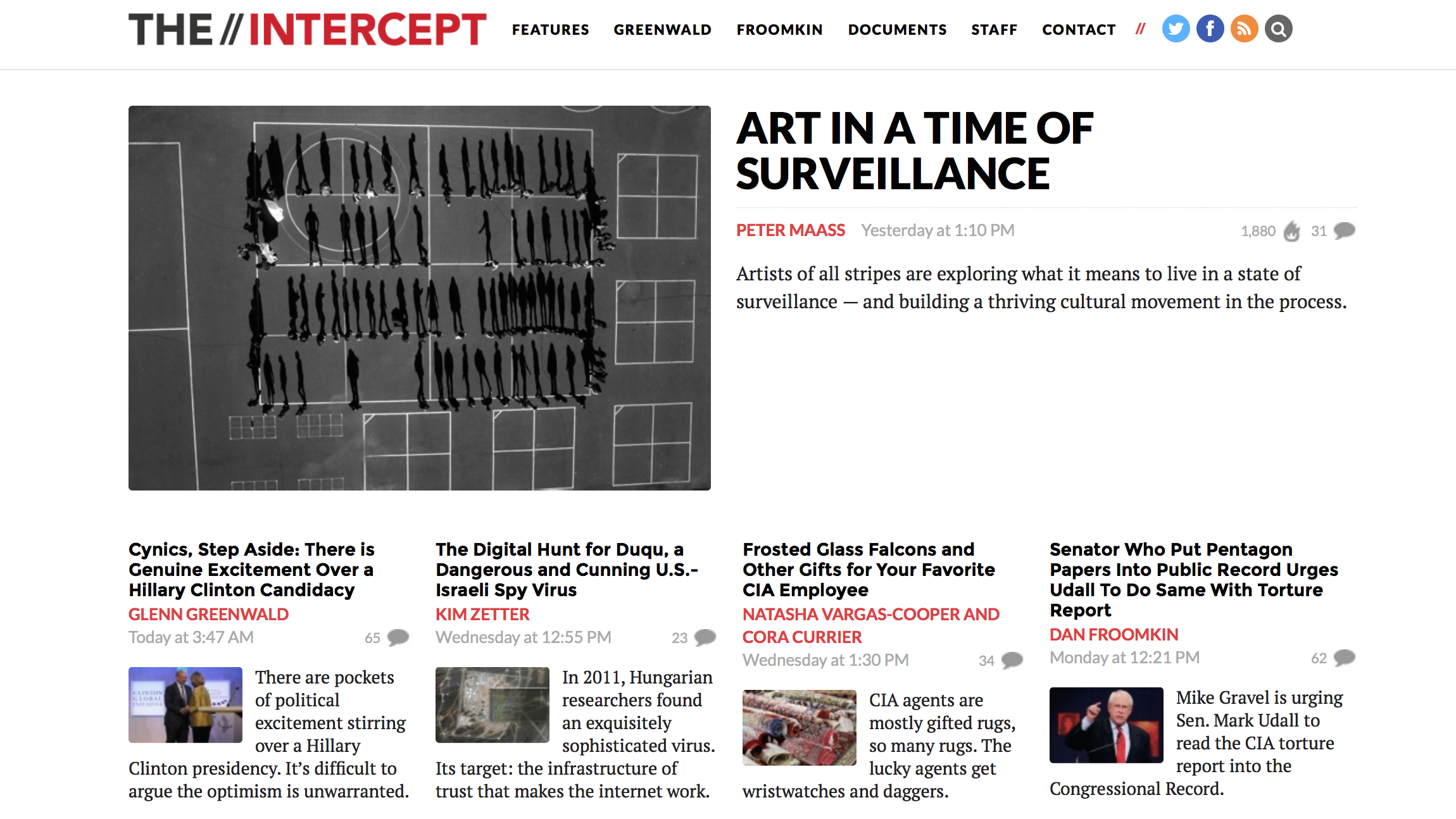
Last night, when opening Rolling Stone on iPad Air, Matt Taibbi story “The $9 Billion Witness: Meet JPMorgan Chase’s Worst Nightmare” surprised and delighted. But I wondered: “What the frak?” Nearly 10 months ago, First Look Media brought on the investigative journalist to launch the second of two magazines. I nearly stopped subscribing to RS, because of his departure—instead going from print to tablet digital during my July renewal.
Matt and First Look are parted, and “The Inside Story of Matt Taibbi’s Departure from First Look Media” is surprisingly good journalism, particularly coming from First Look’s other online magazine, The Intercept. John Cook, Glenn Greenwald, Laura Poitras, and Jeremy Scahill share the byline. Is that sink-or-swim-together journalism? Depending on upper management’s reaction to a story that’s not the least kind.

Dumb-ass me, something seriously needs explaining. If you follow my posts, they might seem all hoity-toity with respect to blogging versus journalism ethics and tactics—that Joe Wilcox clings to past methods while the future is about a new news paradigm. If you have that impression, and I take full responsibility for creating it, let me correct the record.
My book Responsible Reporting: Field Guide for Bloggers, Journalists, and Other Online News Gatherers lays out clear principles that anything but cling to the old guard. The audience, and building and maintaining trust with it, is in my view the news gatherer’s greatest responsibility. Putting audience trust before accuracy is anything but traditional. J Schools typically make seeking truth the journalist’s primary objective and ethical responsibility. In the contextual news era, audience matters more.

My definition is the authoritative answer. Period. Journalists and their readers debate about what is clickbait, and also linkbait, and whether or not they are the same. They most certainly are not, and neither has a place in responsible journalism.
Both are constructs of the Google free economy—that is giving away valuable content subsidized by online advertising to get high search ranking. Problem: There is too much content, and too much of it alike, for ads to financially support. Excessive ad space means lower page rates and greater competition for advertisers. The shortage encourages even more clickbaiting and linkbaiting, which generate more pointless posts that suck limited advertising from high-value news content.
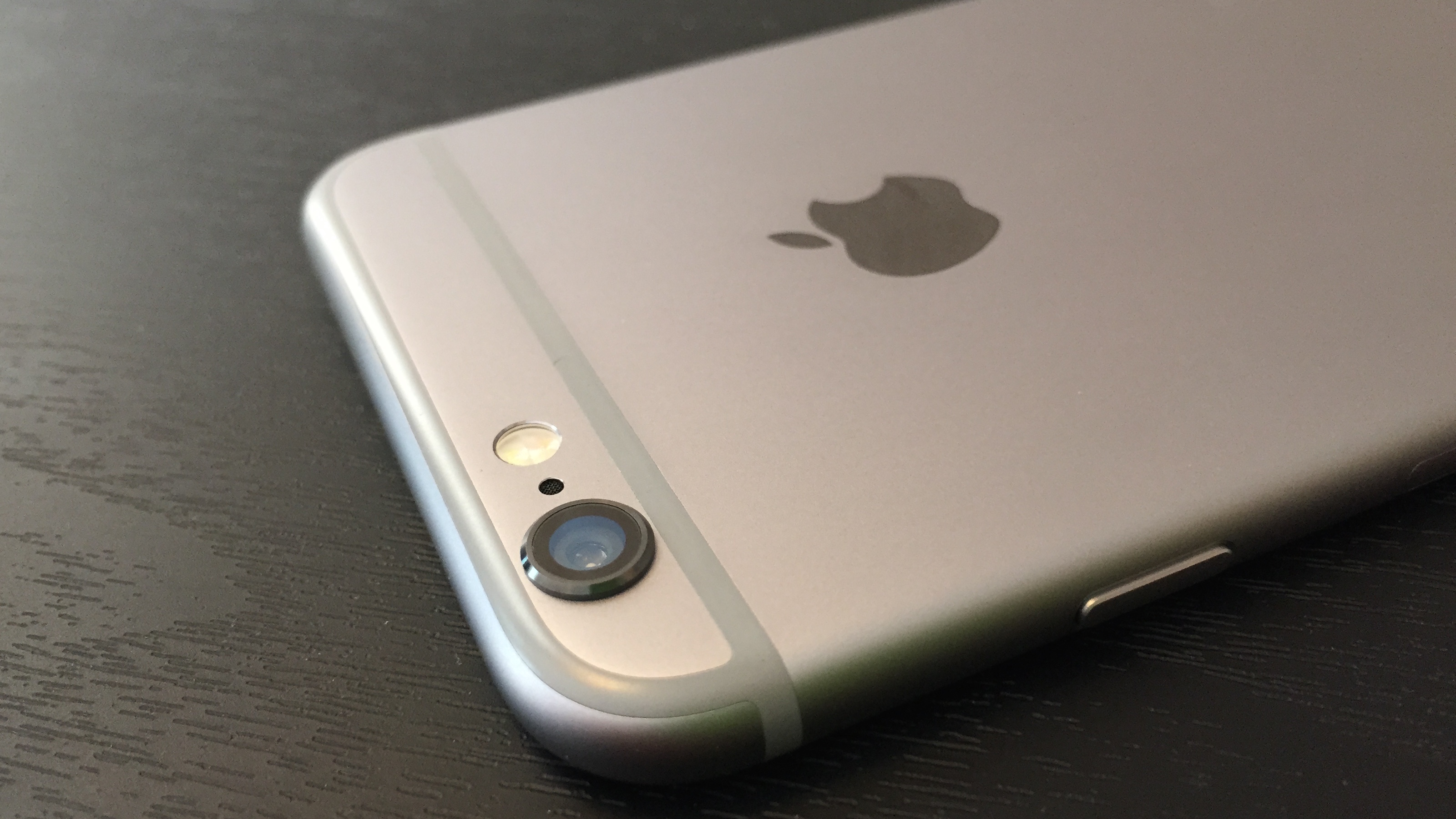
Over the weekend I started to seriously review my photos from Comic-Con 2014. Goddamn, there are some good ones—each and every taken with Nokia Lumia Icon, which is essentially identical to the 930 model reviewed by BetaNews colleague Mark Wilson. He panned the device because of Windows Phone 8.1; I’m in love because of the camera. But sometimes love is lost, and regretted. My sister has the Icon now.
I lug around iPhone 6, which camera by every measure that matters to me is inferior but one—startup shooting speed. Apple’s shooter can’t compete with the Icon. Fanboys will disagree, but, hey, they always will. The difference isn’t fewer megapixels—eight compared to 20—but the intelligence and usability baked into camera and editing app, lens, sensor, and choices the device makes when auto-shooting.

Not long ago, I considered myself still tapped into popular vernacular. I am a people and culture junkie, after all. But today, three barbers showed how clueless and out of touch is this 55 year-old man. I’m not sure which depresses more, the realization or confessing it.
My barber personalizes his workspace with Jack Daniels jars and other signature items described but I couldn’t see. Hey, he takes off my glasses to cut what little hair I have, and my vision blows without them. His coworker in the next chair complained about another guy who comes in to buy hair-cutting supplies and selfies in front of my barber’s chair space. The evidence is on Instagram.
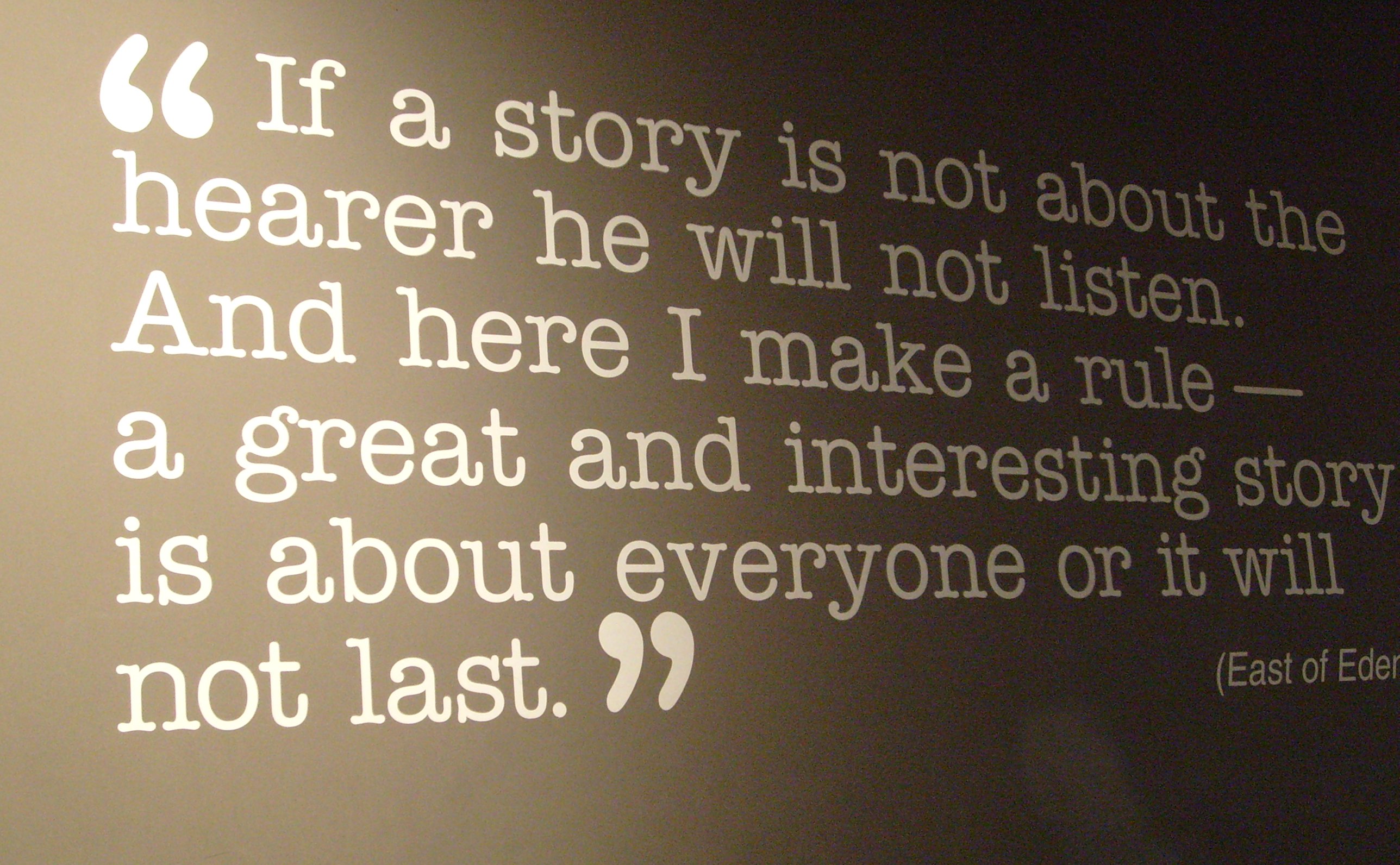
One of my favorite bloggers is photographer Carl Rytterfalk, whose voice silenced several years ago. But in a post overnight (in my time zone) he asks: “Am I back?” That’s a good question, which answer is complicated.
“In February 2013 my life changed dramatically with the early birth of my son who was born with the rare and somewhat difficult chromosome disorder named Trisomy 9 mosaic”, he writes about his absence. “Since William was born I’ve been using Facebook instead of rytterfalk.com and I think it should be the other way around. So I’m trying to convince myself that it’s ok for a while to post more from life and when ready—about photography, too”.

A dozen or so times a day, I figuratively puke all over my iPad Air, out of disgust when reading stories that are plagiarism aggregated, rumors that source nothing more original than some blog or would-be news site, or an echo chamber of repetition—news posts repeating the same, unsourced or poorly-sourced allegations. But occasionally, original content shines through, like Josh Lowensohn’s “I used Apple’s AirDrop to troll strangers with photos of space sloths (And it’s been going on for months)” for The Verge.
Josh doesn’t recap another blogger’s experience, by aggregating something original into a shallow repeat. He produces something enthralling, a story told with vigor, drawn from experience. It’s a confessional. About something sneaky. Invasive. Maybe even illegal. But fun, and activity the reader might wish he or she had been clever enough to have imagined or fearless enough to have done.

I took my father-in-law to IKEA for lunch today. He prefers to eat there, but never on Sunday because the store is so busy. The eatery is by far the most hectic area, with little kids running round and little seating to pick from. He had asked me to choose where to dine, and I decided to challenge the masses. The man also likes a good deal, and the retailer advertised free food for Veterans from November 9 to 11. But we got something better: A cashier’s thoughtfulness.
My father-in-law was 18 years-old when Germany invaded Poland and set World War II in motion. The young man started his active military career in 1943; he already was a reservist because of ROTC. Seventy-one years later, the elder gent is reluctant to discuss his service—and he is no fan of war movies.
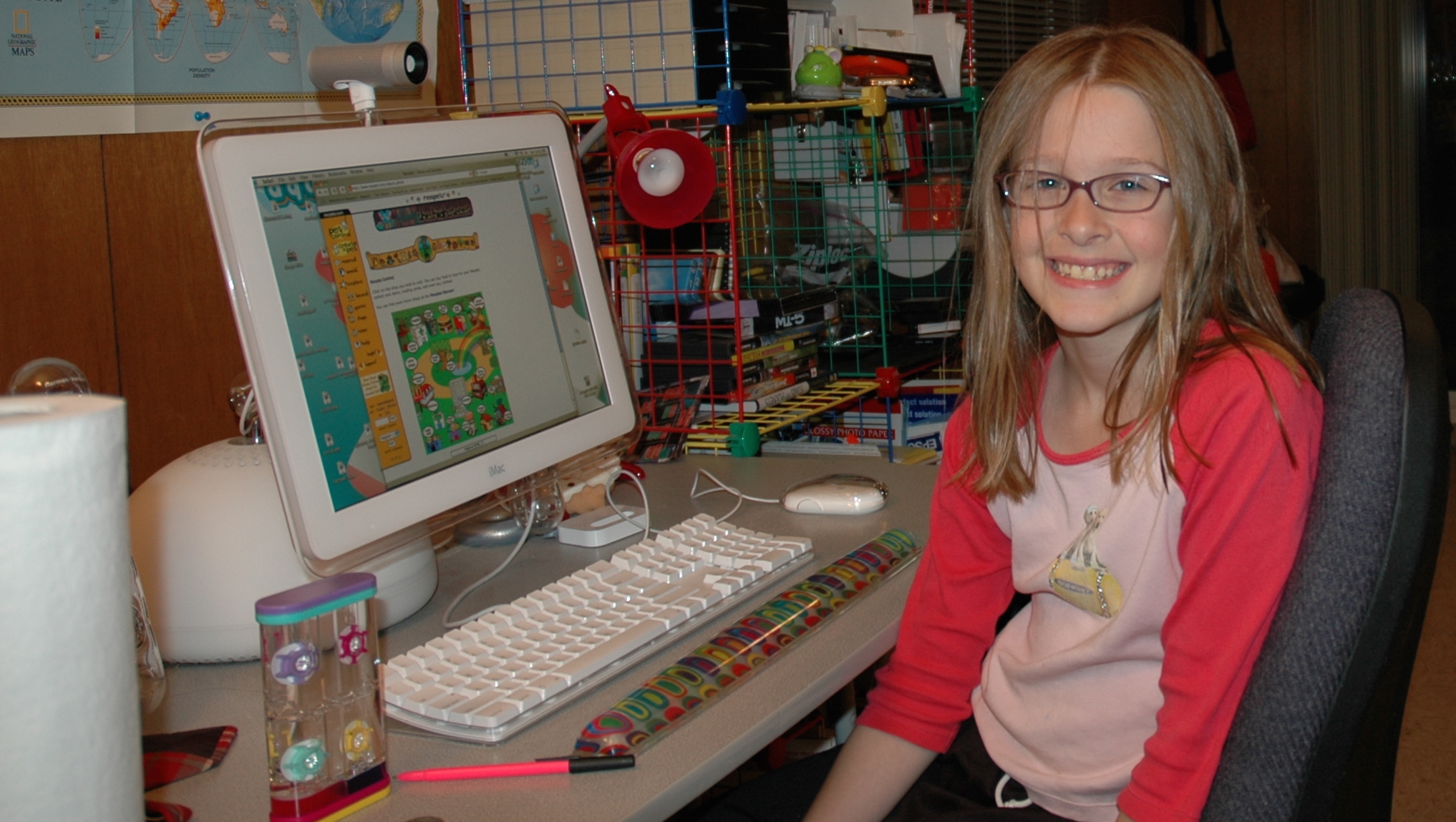
I shot this 10 year-old photo (July 2004) with Nikon D70, which is a classic. Among all the digicams ever held in my hands, the the 5MP shooter produced some of the sharpest, and most-satisfying […]
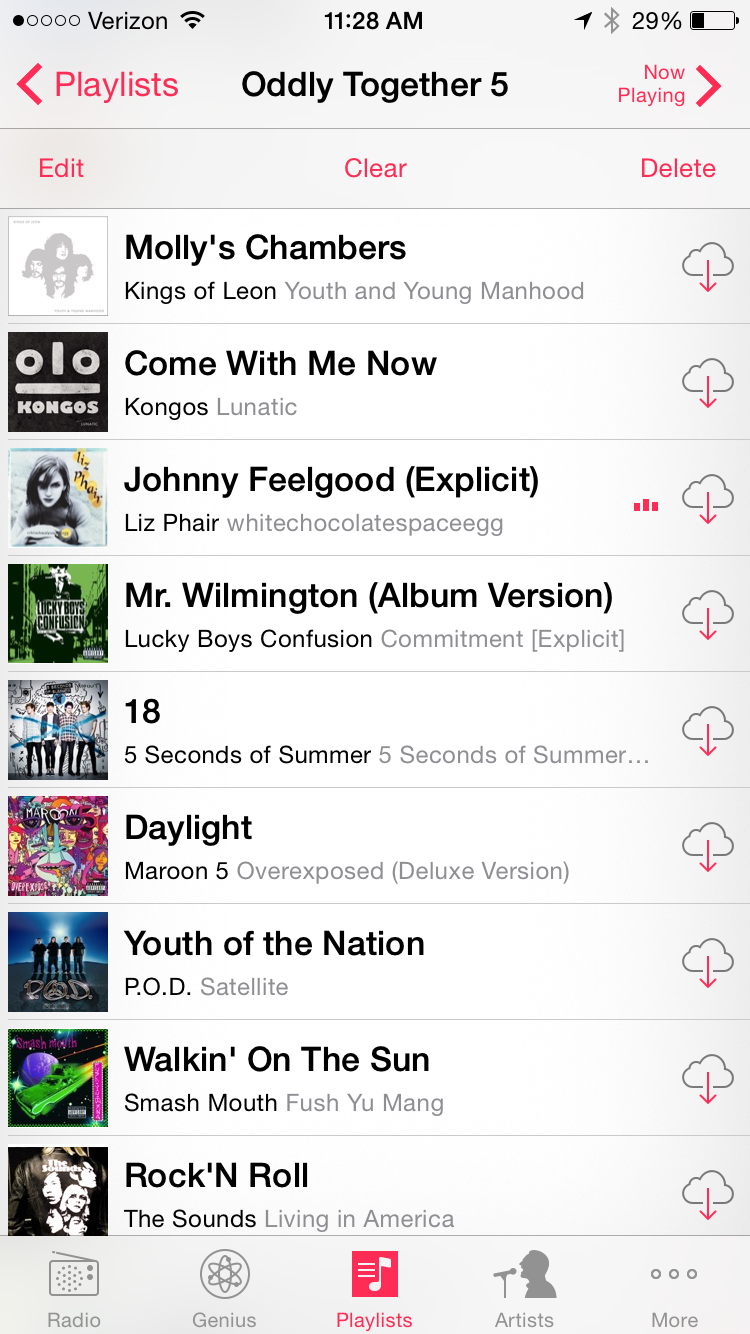
In another life I was a music deejay. Many years later, my tastes are eclectic and rock/pop punk current. Working on any weekend requires just the right mixtape to flush creativity from aging synapses. Classic […]

I am supposed to be sitting in a movie theater watching Interstellar. The plan was in place for months. Instead, I write this post, which is commentary on health insurance in America. The two things are strangely connected, if in this or any other universe such seemingly disparate relationships are random. What’s that saying about a butterfly flapping its wings?
Here’s a nut graph, so you can decide whether to read further or stop here: America’s healthcare system is broken. Free-market forces cannot work. The 1945 McCarran-Ferguson Act laid the framework for healthcare monopolies, which nearly 70 years later act like cartels, in defiance of the 1890 Sherman Antitrust Act. The Affordable Care Act raises healthcare costs, while managing the monopolies rather than eliminating them. As such, the free-market forces that should stimulate competition and drive down prices are stymied.